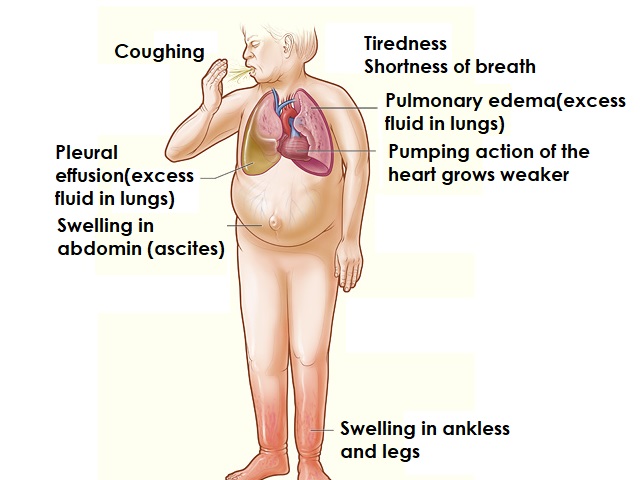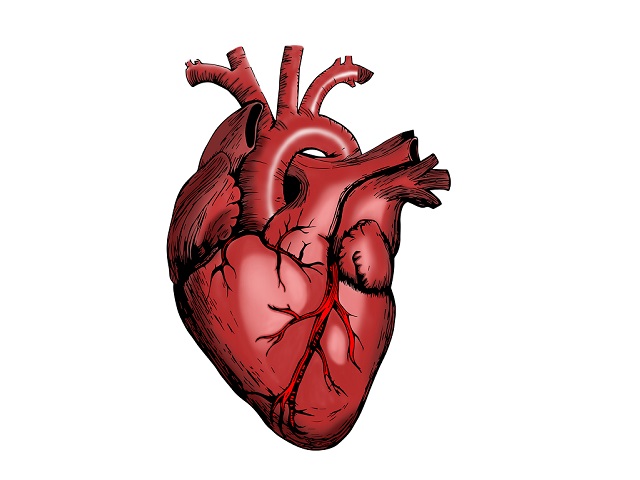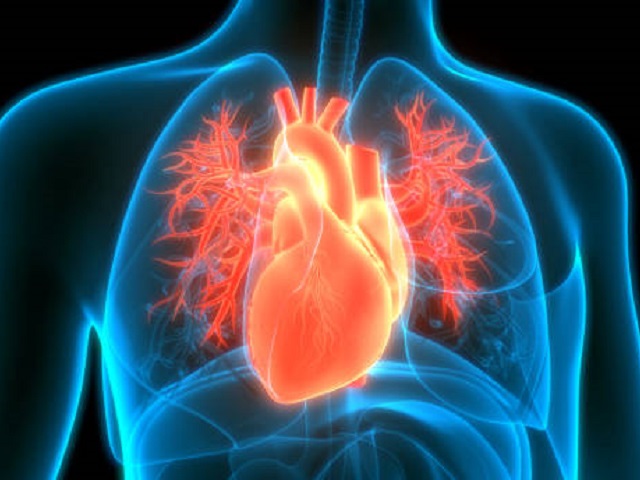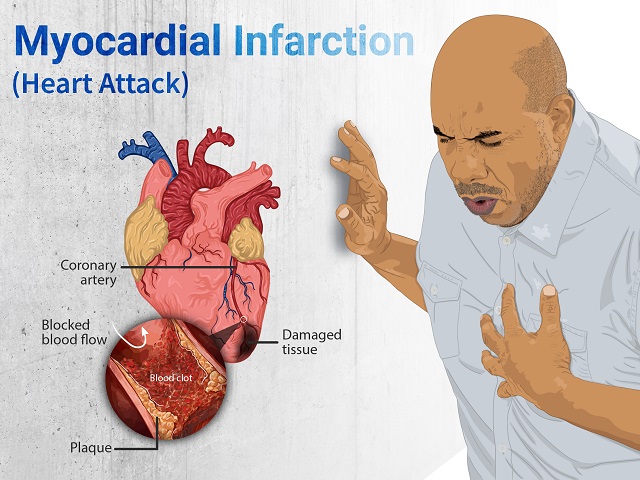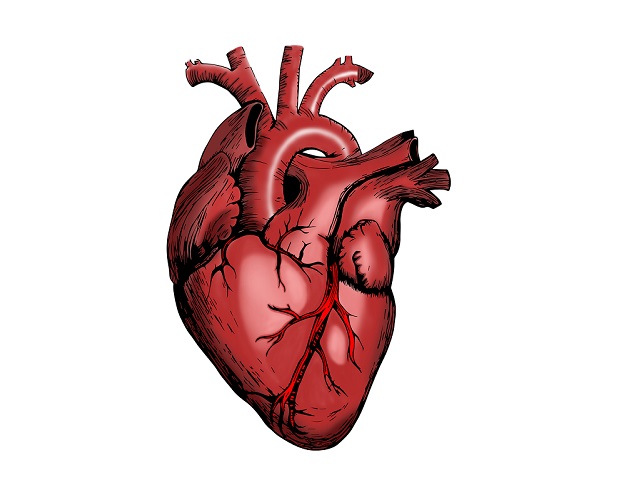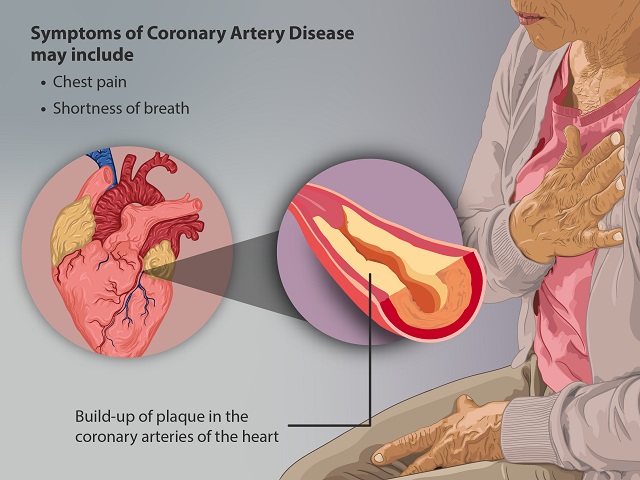10 Signs You May Have Heart Disease--Symptoms, Causes, Effects, Prevention
Heart disease refers to a group of conditions that affect the heart and its blood vessels. The most common form is coronary artery disease, which occurs when the arteries that supply blood to the heart become narrowed or blocked due to the buildup of plaque, a condition called atherosclerosis. This restricts blood flow and oxygen delivery to the heart muscle, leading to various complications such as heart attacks, angina, and heart failure.
Symptoms of Heart Disease:
The symptoms of heart disease can vary depending on the specific condition and its severity. Common symptoms include:
- Chest pain or discomfort (angina)
- Shortness of breath
- Fatigue
- Palpitations
- Dizziness
- Fainting
- Nausea
- Vomiting
- Indigestion
- Pain radiating to the arm, shoulder, neck, jaw, or back
It is important to note that not all individuals with heart disease exhibit symptoms, and some may only discover the condition during routine medical examinations or when complications arise (CDC, 2021).
Causes of Heart Disease:
Heart disease primarily develops due to the accumulation of plaque within the coronary arteries, a condition known as atherosclerosis. Several factors contribute to the development of heart disease:
- Hypertension (high blood pressure)
- High cholesterol levels
- Smoking
- Diabetes
- Obesity
- Sedentary lifestyle
- Family history of heart disease
These factors increase the likelihood of experiencing heart-related complications (AHA, 2021).
Effects of Heart Disease:
Heart disease can have severe consequences, significantly impacting both individuals and society. The effects of heart disease include:
- Increased risk of heart attacks or myocardial infarctions: Heart attacks occur when the blood flow to a section of the heart is blocked, leading to tissue damage or death (CDC, 2021).
- Heart failure: Heart disease can result in heart failure, a condition in which the heart is unable to effectively pump blood. This leads to symptoms such as fatigue, fluid retention, and shortness of breath (AHA, 2021). Heart failure can significantly reduce an individual's quality of life and increase the risk of premature death.
Prevention of Heart Disease:
Preventing heart disease is crucial for reducing its impact on individuals and society. Some prevention strategies include:
- Maintain a healthy lifestyle: Engage in regular physical activity, eat a balanced diet rich in fruits, vegetables, whole grains, and lean proteins, and limit the consumption of saturated fats, trans fats, and sodium (CDC, 2021).
- Quit smoking: Smoking damages blood vessels, increases blood pressure, and reduces the amount of oxygen in the blood. Quitting smoking significantly reduces the risk of heart disease (CDC, 2021).
- Manage underlying conditions: Control hypertension, diabetes, and high cholesterol levels through medication adherence, lifestyle modifications, and regular monitoring (CDC, 2021).
- Regular health check-ups: Routine medical examinations help identify risk factors and detect heart disease at an early stage (AHA, 2021).
References:
American Heart Association. (2021). Understanding heart disease.
https://www.heart.org/en/health-topics/consumer-healthcare/what-is-cardiovascular-disease
Centers for Disease Control and Prevention. (2021). Heart disease symptoms and causes.
https://www.cdc.gov/heartdisease




